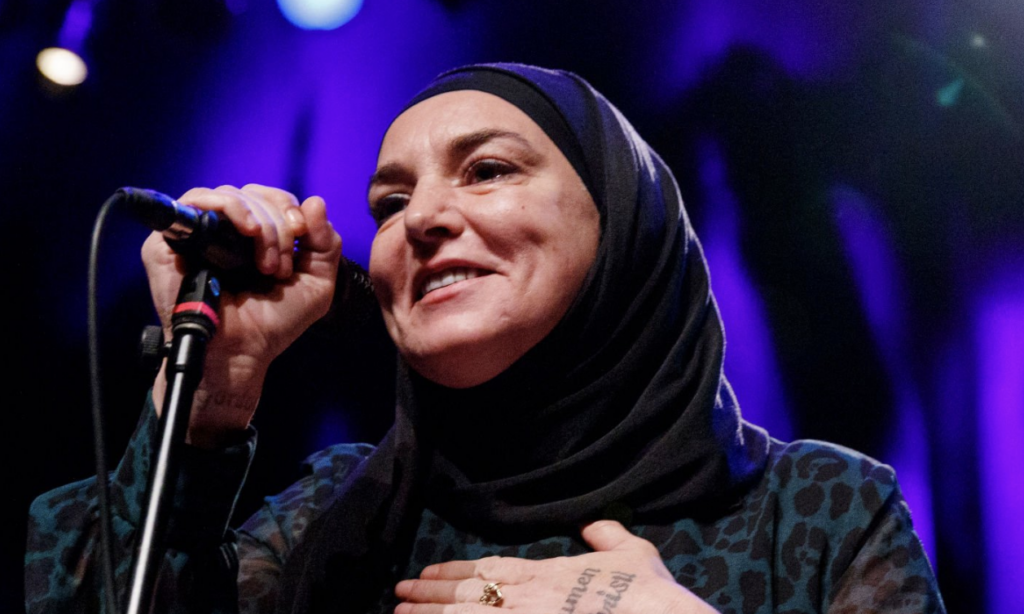Health News & Trends
The coroner ruled that Sinéad O’Connor died of natural causes at 56
The Irish campaigner and singer, Sinéad O’Connor, well known for her performance of Prince’s “Nothing Compares 2 U,” was discovered dead in London in July.
Six months after Sinéad O’Connor died unexpectedly in July, the cause of death has been established.
A London coroner’s office confirmed on Tuesday that the late Irish singer, 56, died of natural causes.
The beloved campaigner was discovered dead at a domestic residence in London in July, and an autopsy was conducted. According to a statement issued by the New York Times, the coroner has officially “ceased their involvement in her death.”
Sinéad was born in Dublin on December 8, 1966, and later became known as Shuhada’ Sadaqat after converting to Islam in 2018.
Her untimely death, as well as subsequent tributes from fans and industry colleagues, have refocused attention on her legacy, which is rooted not only in her powerful music, but also in her commitment to raising awareness about child abuse, organized religion, racism, and other issues.
Sinéad’s 1992 performance on Saturday Night Live resulted in not only a ban from the long-running NBC comedy show, but also severe backlash around the world, following her breakthrough moment of including her rendition of Prince’s iconic ballad in her sophomore album, I Do Not Want What I Don’t Have.
She had just finished performing an acapella version of Bob Marley’s 1976 song “War,” when she pulled out a photo of then-Pope John Paul II, ripped it up, and screamed, “Fight the real enemy.”
The move was an attempt to shed light on the widespread sexual abuse in the Roman Catholic Church, evidence of which has been continually exposed in the decades since Sinéad’s once-shocking act; in 2001, the late Pope John Paul himself apologized for the countless cases of child sexual abuse by clergy. She also said that the photograph belonged to her mother, Johanna Marie O’Grady, who she previously stated was very religious and emotionally and physically tortured her growing up. She died in an automobile accident when Sinéad was 18.
In a 2021 New York Times interview on the event, she said, “I’m not sorry I did it.” She stated that while it was great, it was also quite upsetting. It was open season on treating me like a crazy [expletive],” and noted: “It was a really lonesome, lonesome ten years.”


